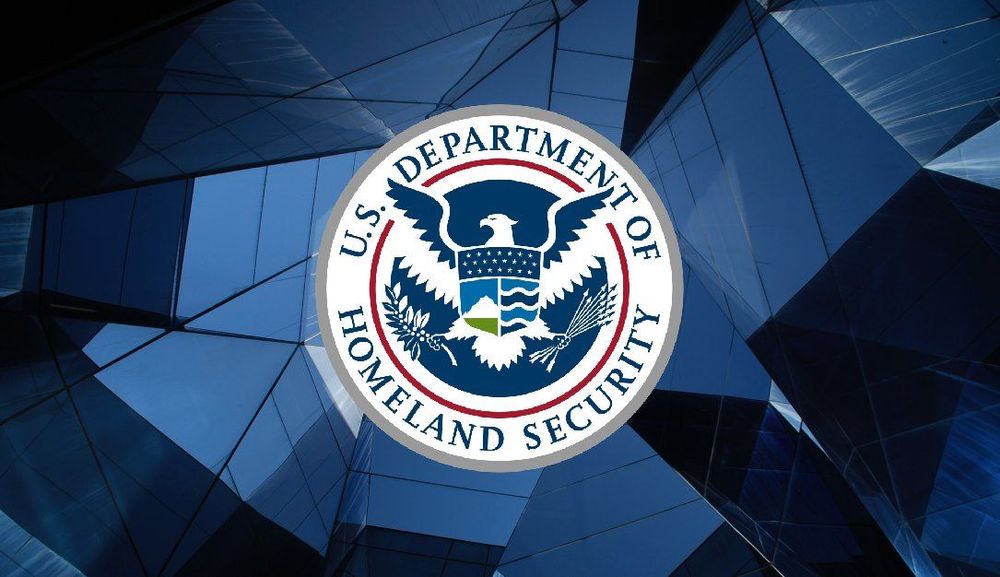Trump administration dismisses members of all DHS advisory panels, including CSRB
Editor’s Note: Story corrected to specify that all members of DHS advisory committees have been removed and that an unknown number resigned ahead of the acting secretary’s memo. Also updated with new DHS statement and comments from House hearing.
Members of all Department of Homeland Security (DHS) advisory committees, including the Cyber Safety Review Board (CSRB), were removed from their posts on Monday.
The move reflects the Trump administration’s “commitment to eliminating the misuse of resources and ensuring that DHS activities prioritize our national security,” according to a memo signed by acting Secretary of Homeland Security Benjamine Huffman.
The CSRB includes public and private sector experts who issue reports and recommendations addressing major cybersecurity incidents. The board is currently investigating the Salt Typhoon hacks in which Chinese-linked attackers have penetrated networks belonging to at least nine telecommunications companies.
It is not clear exactly how CSRB and other DHS committees will be reshaped. Dismissed members of the committees are welcome to reapply for their posts, Huffman said in the memo, suggesting that the committees will continue to operate.
"Future committee activities will be focused solely on advancing our critical mission to protect the homeland and support DHS's strategic priorities," the memo said.
It is unclear how many CSRB members resigned before the memo was distributed. The board previously included representatives from the FBI and the Cybersecurity and Infrastructure Security Agency (CISA). Private sector members include Heather Adkins, vice president of security engineering at Google; Rob Joyce, the former director of cybersecurity at the National Security Agency; and Chris Krebs, chief intelligence and public policy officer at Sentinel One.
President Donald Trump fired Krebs from his job as director of CISA in his first term, after Krebs publicly stated that there was no evidence of election interference in 2020. A spokesperson for Krebs said he resigned from the board on January 18.
A DHS spokesperson said via email that the agency “will no longer tolerate any advisory committee which push agendas that attempt to undermine its national security mission, the President’s agenda or Constitutional rights of Americans.”
A top House Democrat noted the memo Wednesday at the beginning of a Homeland Security Committee hearing on foreign cyberthreats.
"I'm troubled that the president's attempt to stack the CSRB with loyalists may cause its important work on the Salt Typhoon campaign to be delayed,” said Bennie Thompson of Mississippi, the panel’s ranking member. “The American people deserve better."
A witness at the hearing, former acting National Cyber Director Kemba Walden, repeated the Biden administration’s call to codify the CSRB in legislation and make it independent of DHS.
CISA’s Cybersecurity Advisory Committee (CSAC) also was affected by the DHS memo. Members of the CSAC included Ciaran Martin, founding chief executive of the United Kingdom's National Cyber Security Centre; former National Cyber Director Chris Inglis; and Kevin Mandia, founder of cybersecurity giant Mandiant.
CSAC has advised on issues such as national cybersecurity emergency alerts; the agency’s public-private partnership, known as the Joint Cyber Defense Collaborative (JCDC) and a 311 line for small businesses to call during cyber incidents.
‘Opportunity to decide’
Republican congressional leaders defended DHS’s decision and pointed to the fact that the CSRB officials who were removed were put in place by the Biden administration.
“Given the CSRB is tasked with investigating significant cyber intrusions — such as the Microsoft Exchange incident my committee examined last year — President Trump’s new DHS leadership should have the opportunity to decide the future of the Board,” House Homeland Security Committee Chairman Mark Green (R-TN) said in a statement.
“This could include appointing new members, reviewing its structure, or deciding if the Board is the best way to examine cyber intrusions.”
Former DHS Assistant Secretary for Infrastructure Protection Brian Harrell seconded Green’s comments, telling Recorded Future News that “most committees are political in nature, and security related committees are no different.”
“The Trump administration is looking to safeguard the country and mitigate risks rapidly, and this requires ideological synergies.”
Any slowdown of CSRB’s probe of the Salt Typhoon hacks is a problem, according to Mark Montgomery, who is the former executive director of the Cyberspace Solarium Commission and a leader at the Foundation for Defense of Democracies.
The disruption to CSAC is less concerning than the removal of CSRB panel members, he said, because losing private sector cyber expertise on that board could have an “operational impact.”
“The Cyber Safety Review Board can help a lot of people,” he said. “A number of these outside professionals have careers in cybersecurity and provide unique insights that government service alone can’t do.”
Suzanne Smalley
is a reporter covering digital privacy, surveillance technologies and cybersecurity policy for The Record. She was previously a cybersecurity reporter at CyberScoop. Earlier in her career Suzanne covered the Boston Police Department for the Boston Globe and two presidential campaign cycles for Newsweek. She lives in Washington with her husband and three children.
Martin Matishak
is the senior cybersecurity reporter for The Record. Prior to joining Recorded Future News in 2021, he spent more than five years at Politico, where he covered digital and national security developments across Capitol Hill, the Pentagon and the U.S. intelligence community. He previously was a reporter at The Hill, National Journal Group and Inside Washington Publishers.




